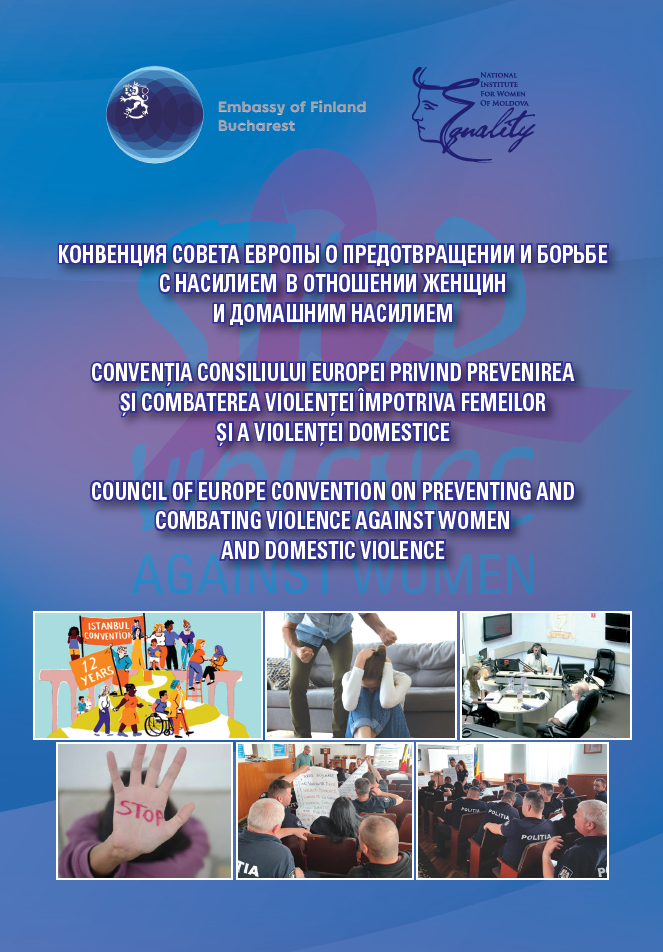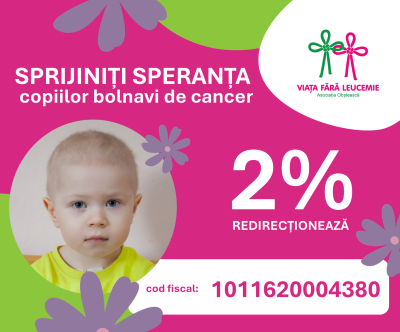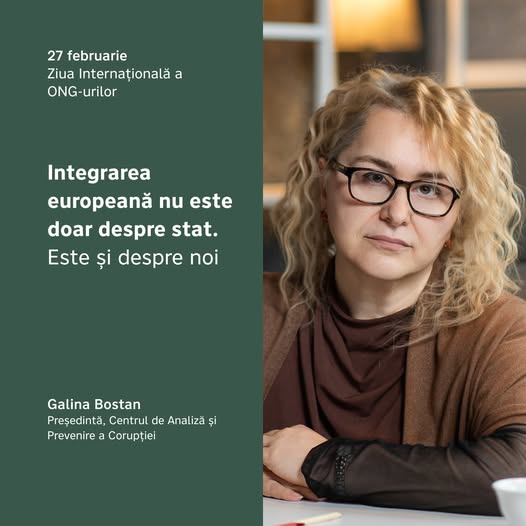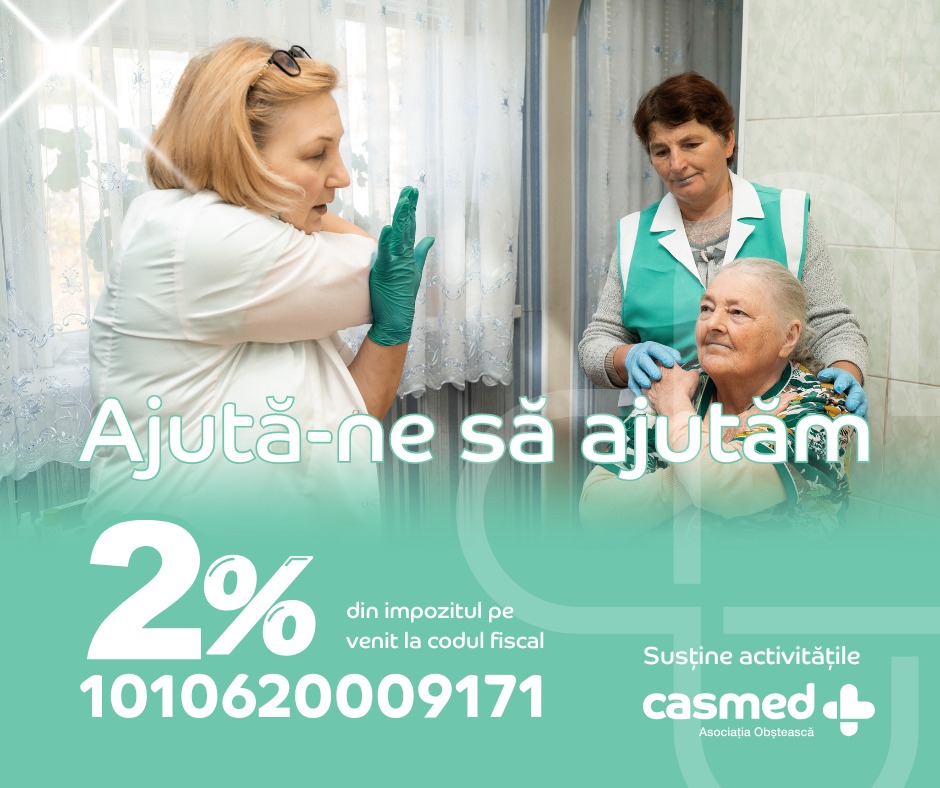Povești de Succes
- Detalii
In Moldova, Istanbul Convention appeared in a book
In Moldova, the Council of Europe Convention on preventing and combating violence against women and domestic violence was published in a book in Romanian, Russian and English. Thanks to the appearance of this book, police officers, students, teachers and social workers from the Republic of Moldova learned the truth about the Council of Europe Convention on preventing and combating violence against women and domestic violence (Istanbul Convention), and their perception of this convention improved, Elena Savina, director of the National Institute for Women of Moldova “Equality”, who published and distributed this book free of charge, has told.

“In October 2021, Moldova ratified the Istanbul Convention and immediately society faced massive disinformation about this convention: many media outlets confused the public, claiming that the Istanbul Convention legalizes the separation of children from their parents. And many believe this because they are not familiar with the provisions of the Istanbul Convention. The Convention was recently adopted and that’s why it is urgently necessary for its provisions to be known first of all by police officers, teachers and social workers,” said Elena Savina.
“The importance of the Convention lies in the fact that for the first time in an international document, which becomes binding on countries that ratify it, we are talking not only about discrimination against women, but also about domestic violence and the various manifestations of violence against women. The Istanbul Convention is a call for action.”
Elena Savina noted that the relevance of the books resides in the fact that the Istanbul Convention is not well known in the Republic of Moldova as a whole. The book published thanks to the National Institute for Women of Moldova “Equality” aims to eliminate this gap because, without knowing the modern legislation on the inadmissibility of domestic violence, police officers and social workers cannot effectively counteract this phenomenon, and teachers cannot tell young people about the inadmissibility of violence and the responsibility for using this. This is the reason why the book was published.
The book aims to promote intolerance for violence given the many existing stereotypes about women. The book was published by the National Institute for Women of Moldova “Equality” within a project to combat violence against women, which was funded with a grant from the Embassy of Finland in Bucharest.















